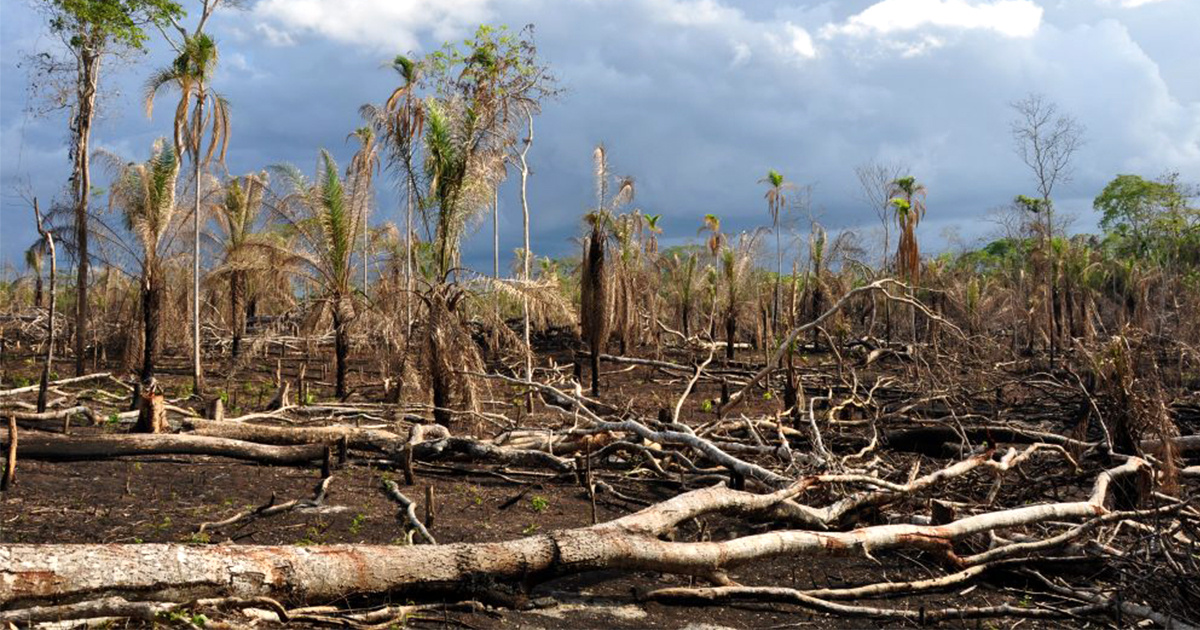
Degraded Tropical Forests Now Release More Carbon Than They Store, New Study Finds

A thinning forest in Bolivia. Wayne Walker
Tropical forests may no longer be acting as carbon sinks and could be releasing more carbon than they store, according to troubling new research.
A study published Thursday in the journal Science finds that forests across Asia, Latin America and Africa release 425 metric tons of carbon per year, which is equivalent to nearly one-tenth of the U.S.’ annual carbon footprint.
Researchers found nearly 70 percent of this loss is caused by small-scale degradation, the result of selective logging, drought and wildfire. All is not lost for forests, however. Researchers say that policies to curb deforestation, reduce degradation and restore land could turn forests back into carbon sinks.
“These findings provide the world with a wakeup call on forests,” the study’s lead author, Alessandro Baccini, a scientist with the U.S.-based Woods Hole Research Center, said in a statement.
“If we’re to keep global temperatures from rising to dangerous levels, we need to drastically reduce emissions and greatly increase forests’ ability to absorb and store carbon.”
For a deeper dive:
Washington Post, Reuters, The Guardian, PBS NewsHour
For more climate change and clean energy news, you can follow Climate Nexus on Twitter and Facebook, and sign up for daily Hot News.

 233k
233k  41k
41k  Subscribe
Subscribe 